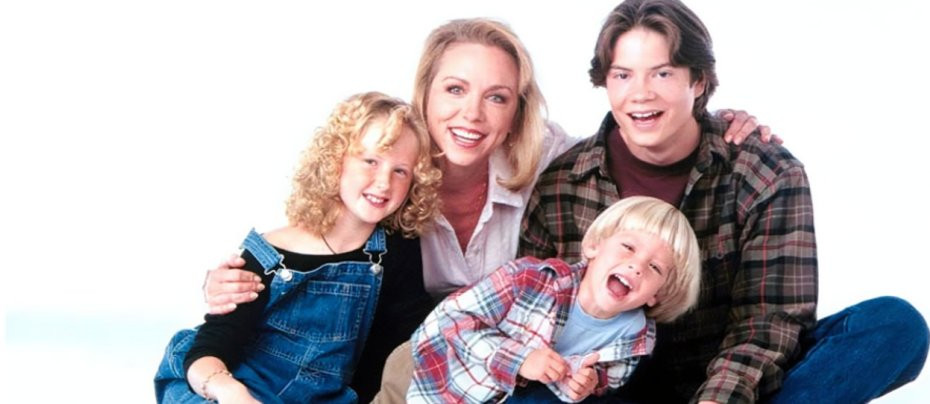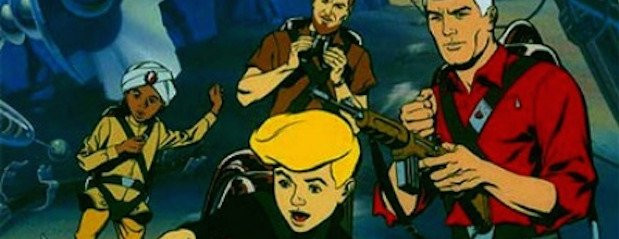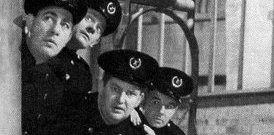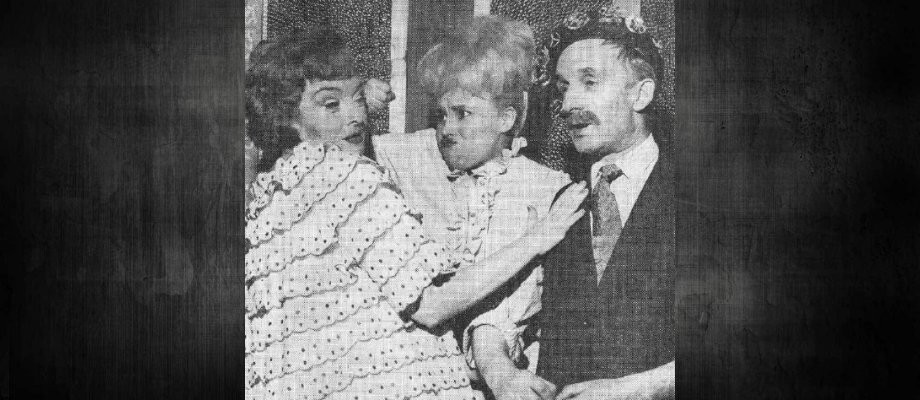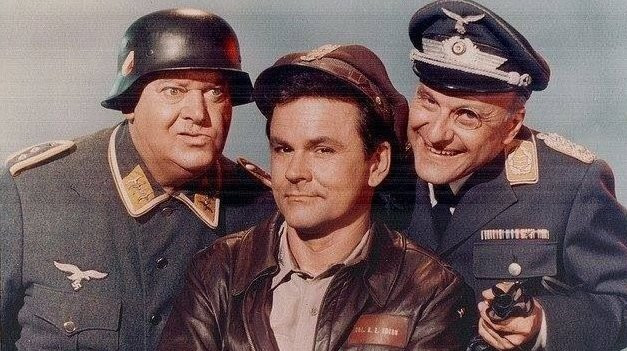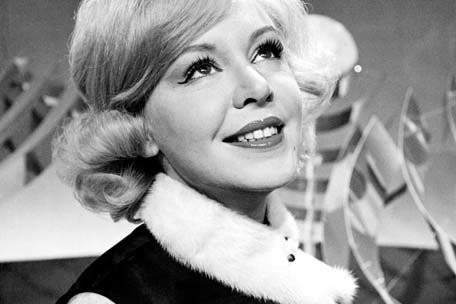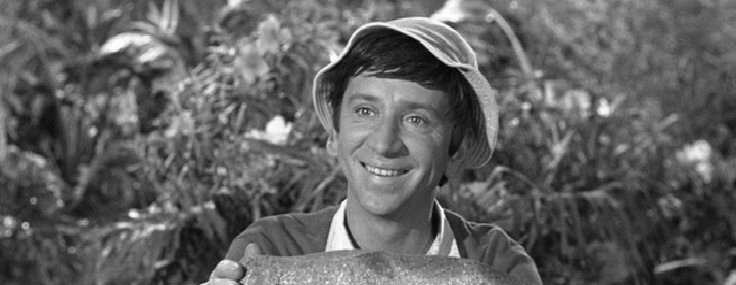
Gilligan's Island
1964 - United StatesAlthough never a huge hit in the UK, Gilligan's Island was a massive success in its native USA, and has stood the test of time by becoming almost an icon of 1960's American sitcom.
The premise was simple enough; the SS Minnow set out from Hawaii for a three hour pleasure cruise, got caught in a storm and was shipwrecked on the shore of an uncharted South Pacific island. Where the series scored was in using a tried and trusted formula of throwing together a group of people from disparate backgrounds and putting them in situations where they had no choice but to interact with and rely on each other.
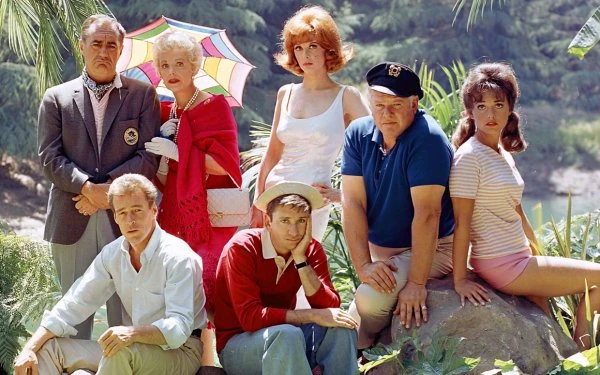
For this series those people were obnoxious millionaire Thurston Howell lll (Jim Backus) and his wife Lovey (Natalie Schafer), a high school teacher known as The Professor, Mary Ann Summers (Dawn Wells) -a sweet and naive country girl from Horners Green, Kansas, sexy movie star Ginger Grant (Tina Louise), the amiable skipper, Jonas Grumby (Alan Hale Jr), and Gilligan himself (Bob Denver), who was first mate on the Minnow, and more often than not the one character who was inadvertently responsible for the failure of the numerous escape plans that the castaways made, in their attempts to return to civilisation. In fact the series almost didn't make it to the air and would never have been seen had it not been for its opening theme tune.
Creator Sherwood Shwartz, who also co-wrote the theme, says then-CBS president James Aubrey was ready to say no to the story because he felt Schwartz had to explain how the gang got on the island before each episode. Schwartz's answer: Let the theme song do the work. (It was not a new idea; The Real McCoys and The Beverly Hillbillies had used the theme song as backstory several years earlier.) Schwartz worked all night to create a theme song, explaining how the three-hour tour became a shipwreck. The first version was a calypso-themed tune that Schwartz himself sang to a roomful of CBS executives. Aubrey's response: "I think you could work a little on the middle lyric". Friend and composer George Wyle helped fashion a sea chantey and revised lyrics, creating a sitcom theme classic ("Just sit right back and you'll hear a tale/A tale of a fateful trip/That started from this tropic port/Aboard this tiny ship.").
The series didn't stand up to close scrutiny but fortunately the comedy made up for the obvious plot-holes that the writers consistently fell into. For example; if it was just a three hour cruise then how come the Howells had a seemingly endless supply of new outfits to wear? Why, if they were such a short distance from Hawaii was the island so impossible to escape from - and if it were that difficult for the crew of the Minnow to escape then why wasn't it so difficult for the numerous guest stars that turned up week in and week out? (They included a pair of Russian cosmonauts, a pop group and a wealthy hotel owner, to name just a few). Perhaps the answer lay in the fact that the Gilligan's Island audience was mainly made up of kids, reflected in the fact that when it did eventually come to an end an animated version, The New Adventures of Gilligan, was produced for ABC, and ran for three years (1974-77) followed in the next decade by the animated Gilligan's Planet for CBS.
In 1978 NBC took almost the entire original cast back to the South Pacific (Tina Louise allegedly wanted too much money and was replaced by Judith Baldwin) for a two-part special called Rescue from Gilligan's Island, which proved to be a huge success. Never let it be said that you can't overdo a good thing and that's exactly what TV bosses did with further (unnecessary) sequels in 1979 and 1981. Sadly, of the original 98 episodes only 13 were shown in the UK from June to December 1965 and have never been repeated.
Although Gilligan was never referred to by a first name on the show, star Bob Denver revealed some years later that he had talked the matter over with Sherwood Schwartz and they had decided that if Gilligan ever needed one it would be..."Willie".
Seen this show? How do you rate it?
Seen this show? How do you rate it?
Published on December 19th, 2018. Written by Laurence Marcus & Mike Spadoni for Television Heaven.


